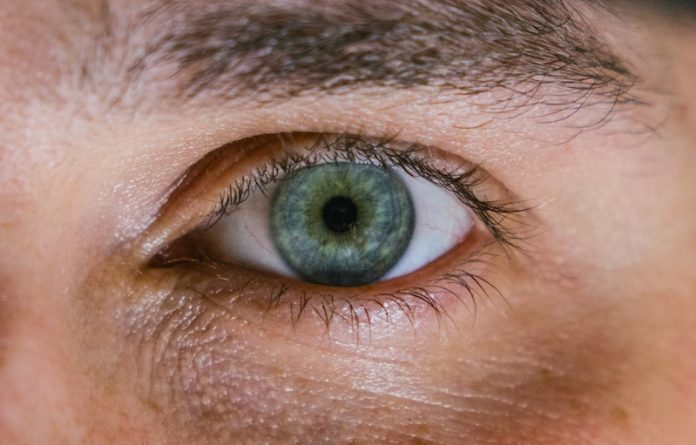
In a study from UCLA and elsewhere, scientists found that a drug already approved by the Food and Drug Administration for eye disease, verteporfin, may help stop COVID-19.
Their study identified the Hippo signaling pathway as a potential target for therapies against the coronavirus.
Many important human biological processes are controlled by complicated chain reactions called signaling pathways, in which certain proteins act as messenger molecules that promote or block the signals of other proteins.
The lead researchers were investigating the Hippo pathway, which controls the size of organs in the body, in earlier studies of the Zika virus, which can cause undersized brains in infants.
Noticing that this pathway also seemed to have virus-fighting effects, they launched the current study investigating SARS-CoV-2.
In the study, the team performed experiments using tissue samples from people with COVID-19, as well as cultured human heart and lung cells selected to closely reflect how healthy cells respond to infection.
They found changes in many genes involved with the Hippo signaling pathway after infection.
The scientists found that in the cultured human cells, both the original strain and delta variant of SARS-CoV-2 activated the Hippo pathway in the first few days after infection.
When they silenced this pathway and increased YAP, the virus replicated itself more.
The team also found in cells treated with verteporfin, concentrations of the coronavirus were below detectable levels, compared to more than 60,000 units of the virus per milliliter in an untreated control group.
The results indicate verteporfin may be a candidate to treat COVID-19, and its status as FDA-approved could make it easier to launch clinical trials to verify its safety and effectiveness against the coronavirus.
The study showed that the Hippo pathway is activated within days of SARS-CoV-2 infection, suggesting that treatments using the mechanism could be deployed before symptoms arise to reduce the severity of the disease.
If you care about COVID, please read studies about common drugs that could help prevent COVID-19 deaths, and people who can fight COVID-19 much better than others.
For more information about health, please see recent studies about men with low testosterone more likely to die from COVID-19, and results showing that people with COVID-19 recover faster with this treatment.
The study was conducted by Wayne Lewis et al and published in PLOS Biology.
Copyright © 2022 Knowridge Science Report. All rights reserved.



